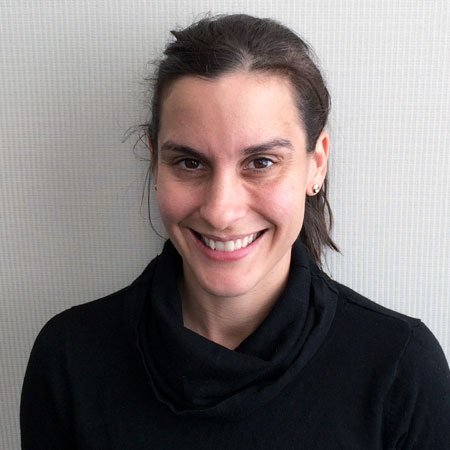My friend Zoe and I are sitting on the steps on a sunny afternoon, crying. We both lost our parents 10 years ago. Actually, I lost my grandfather, but he acted as a parent to me.
We're crying partly in relief. We've just admitted to each other that we're not sure we'll ever stop mourning. Our memories of watching the people we love disappear slowly have irrevocably changed us, and we're not sure how to be like everyone else.
Zoe says, "You can talk about how someone didn't call you back all you want. The minute you say 'I miss my dead Dad,' you're being self-indulgent."
I smile. Then I say, "I miss my dead Grampa," and the waterworks start again.
Grampa had a stroke three weeks after my high school graduation: four and a half years later he died.
